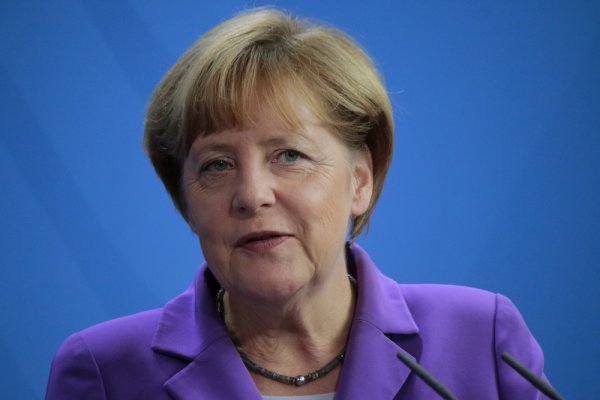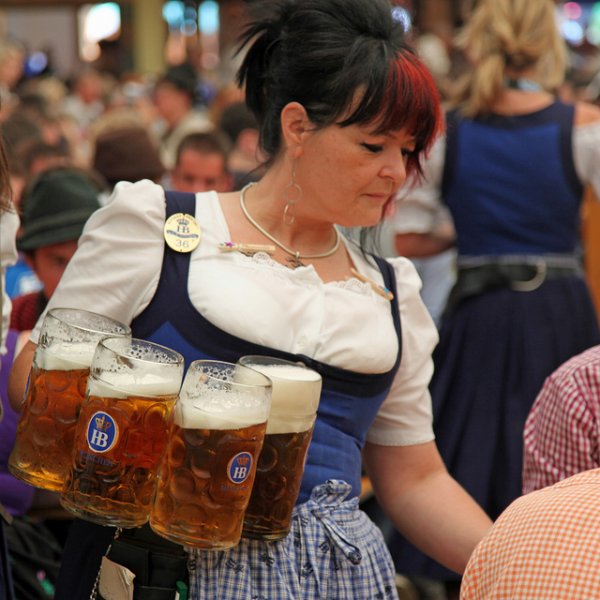Culture and Society: Women in Business
General View
German women work hard but have less to show for it than women in many of their fellow European Union (EU) member states. At the beginning of the 21st century, about two-thirds of all women aged between 15 and 65 with children were employed. That said, Germany is still dogged by unemployment, particularly among workers with limited technical skills; so, many of the jobs women hold are part-time or lower-wage positions.
In the early years of the 21st century, a comprehensive German government survey indicated that while women made up about half of the German workforce, only a third of all managers were women. Furthermore, only about a quarter of senior executives were women.
The highest proportions of female executives were found in the services sector and public administration. In construction, women only made up a small percentage of all managers. Small and medium-sized enterprises are somewhat more likely to have women senior executives than large firms.
Working women, according to recent surveys, attribute the difficulty they have in working in Germany to general societal prejudices and the stress of balancing their corporate careers with their family life without the kind of “social safety net” that some other EU neighbors have. One example of the less liberal social policies in Germany is that under Germany's welfare reforms, any woman under 55 who has been out of work for more than a year can be forced to take any available job or lose her unemployment benefit.
The increasing number of women in politics has been striking and may have a positive impact on women’s legal position. Germany elected a female chancellor, Angela Merkel in 2005, and nearing the second decade of the 21st century, women occupy about 35 percent of the seats in Parliament. Additionally, the number of women elected to positions in city and local administrations also continues to rise.
Legal Rights
Germany’s Constitution and Basic Law provides women with all the same legal rights as men, including the right to own and operate businesses as well as own and inherit property. German women received the right to vote in 1918. In 1977, women were guaranteed the same rights as men in family financial matters.
Although gender-based pay discrimination is prohibited, German women earn about 80 percent of the salaries earned by men performing the same jobs. This gap is prevalent in both the public and private sectors, and Germany’s pay gap between the sexes is estimated as the largest in the European Union.
Prostitution was legalized in 2002 as a means of reducing organized crime.
Women in Professions
Traditional jobs for German women were in teaching, nursing, salons, retail clerking, secretarial, and cleaning sectors. Despite various hurdles faced by German women, their outlook is bright. Various companies have recognized the problem and have initiated programs to encourage women’s participation in a bigger way. The government, too, has taken steps to encourage women to start their own businesses.
The only professional area that German women were barred from was the army. However, in 2001, Germany was forced to amend its laws when a German woman, Tanja Kreil, won a case in the European Court of Justice after her application to join the army was rejected. German women can now serve in all army positions, including those that involve direct combat.
German women do not have any dress code restrictions that prevent them from taking up certain jobs. And if the mother works, the extended family or day-care centers generally assume childcare roles. State-sponsored childcare is also available.
Women as Business Owners
Germany’s economic laws are not very conducive to starting new businesses. Start-up costs are high, and formidable bureaucratic red tape tends to stifle the growth of new business ventures. This makes it even more remarkable that since German reunification in 1990, 150,000 new female-run companies have been launched. German women now make up about a third of all self-employed entrepreneurs. This number, while relatively low compared to other developed economies, is slowly growing, fueled by new government laws and the initiation of various programs to assist women entrepreneurs. An example is a program instituted by Deutsche Ausgleichsbank to provide a range of loans and credit assistance specifically to women entrepreneurs.
A breakdown of businesses started by German women shows that a majority of them opt for the trade and services sector; followed by personal services that include hairdressing, childcare, teaching, culture and sports; followed by the healthcare and social service sectors; and, finally, consulting.
Article written for World Trade Press by World Trade Press Staff and reviewed by Kristina Reinsbach.
Copyright © 1993—2025 World Trade Press. All rights reserved.

 Germany
Germany 

